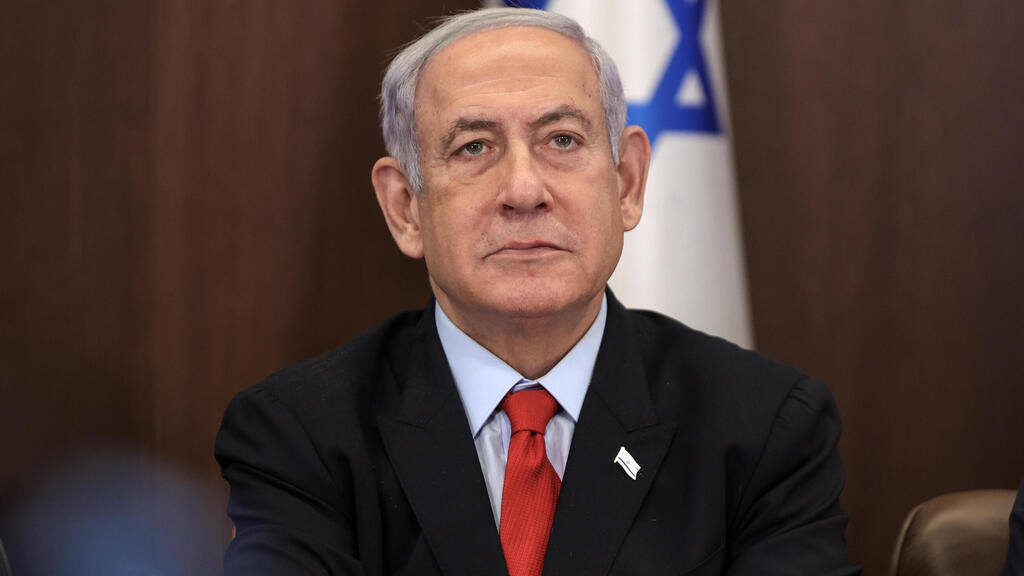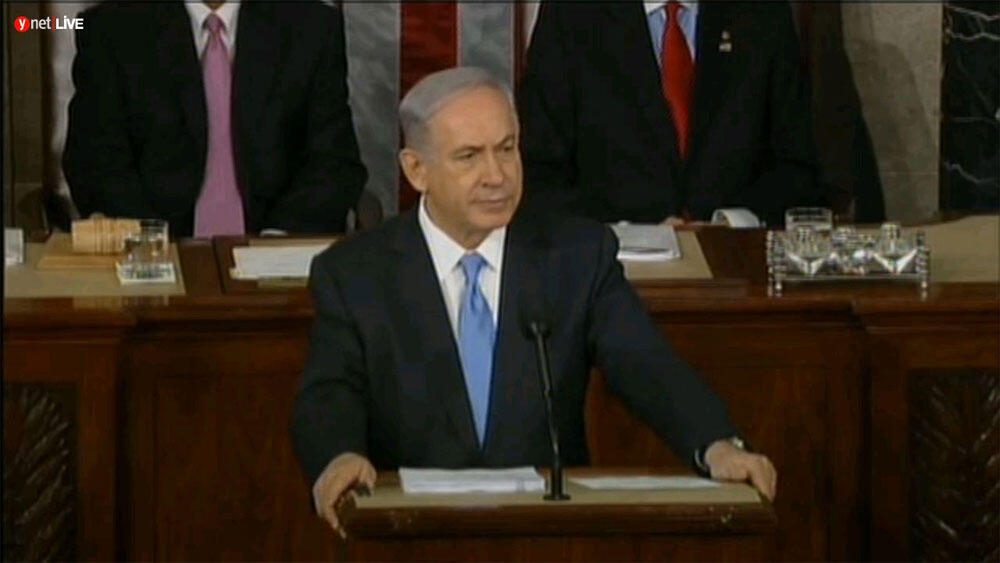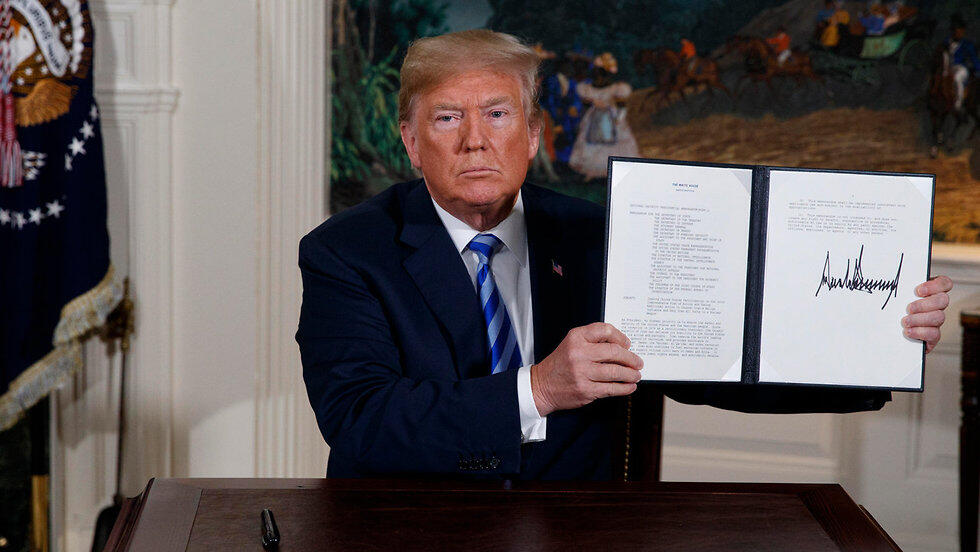Getting your Trinity Audio player ready...
The worst thing that can happen to a leader is to become irrelevant. A leader can be controversial, loved, or hated and even under constant attack from protesters. But becoming irrelevant is hitting rock bottom, especially when the irrelevance is over matters that were the backbone of that leader's claim to power: Iran.
Read more:
More than anyone, Prime Minister Benjamin Netanyahu positioned himself as the flag bearer of the fight against a nuclear Iran. That was the essence of his international notoriety and the crux of his fear campaign against the murderous Tehran regime and the existential threat it poses to Israel's very existence.
3 View gallery


Prime Minister Benjamin Netanyahu positioned himself as the flag bearer of the fight against a nuclear Iran.
(Photo: Amir Sultan / EPA)
But there is currently a mediated prisoner swap in progress, after Tehran agreed to release five U.S. nationals imprisoned there, and even moved them to house arrest or allowed them to head to the airport to catch a flight out of the country. In turn, the U.S. agreed to release an unknown number of Iranians it was holding and to free some $40 billion in frozen Iranian assets around the world.
The deal could just be the opening gambit in talks over the return to a nuclear agreement with Tehran, which in a gesture of goodwill had already slowed its enrichment of uranium, agreed to cooperate with United Nations inspectors and limited the actions of its proxies against American forces in Iraq and in Syria.
President Joe Biden is determined to reach a deal with Iran, without including Netanyahu in the process. Biden and his Democrat allies remember Netanyahu's address to the joint houses of Congress in 2015, where he contradicted then-President Barak Obama and criticized the deal the president was finalizing with Iran to stop the development of nuclear weapons.
That deal was ultimately signed and, although it was not perfect, it prevented Tehran from rushing to build a bomb. Obama's energy secretary Ernest Moniz, who was the architect of the deal, said in an interview that Israeli experts were consulted and that some of their suggestions were incorporated in the 2015 Iran nuclear deal known as the Joint Comprehensive Plan of Action (JCPOA). "Cooperation was so tight, it was as if the Israelis were in the room," Moniz said.
President Donald Trump tore that deal up in 2018, not because he thought it was good or bad. His limited understanding of nuclear weapons was evident when he once asked his national security staff why nuclear weapons could not be launched at hurricanes to prevent their impact. Trump rejected the 2015 deal primarily because it was finalized by the Obama administration.
Metaphorically though, Netanyahu was holding Trump's hand when he tore up the deal and now, as tentative steps were being taken toward renewing the agreement, Netanyahu remains without the ability to influence its outcome. He can no longer whisper into the president's ear or pull any strings.
It is no wonder then that, recently, the prime minister rarely utters the word Iran. The man who built his entire career on evoking fear of the Islamic Republic was made to observe how, on his own watch, Iran had made the greatest strides toward achieving nuclear capability as the result of the U.S. backing out of the 2015 deal.
Netanyahu's expectation of Israeli -Saudi ties are no more than wishful thinking at this point because everything in the Middle East is interconnected and the sad truth is that the prime minister is not only irrelevant but also untrustworthy in the eyes of the Biden administration and may himself be seen as the existential threat facing Israel.



